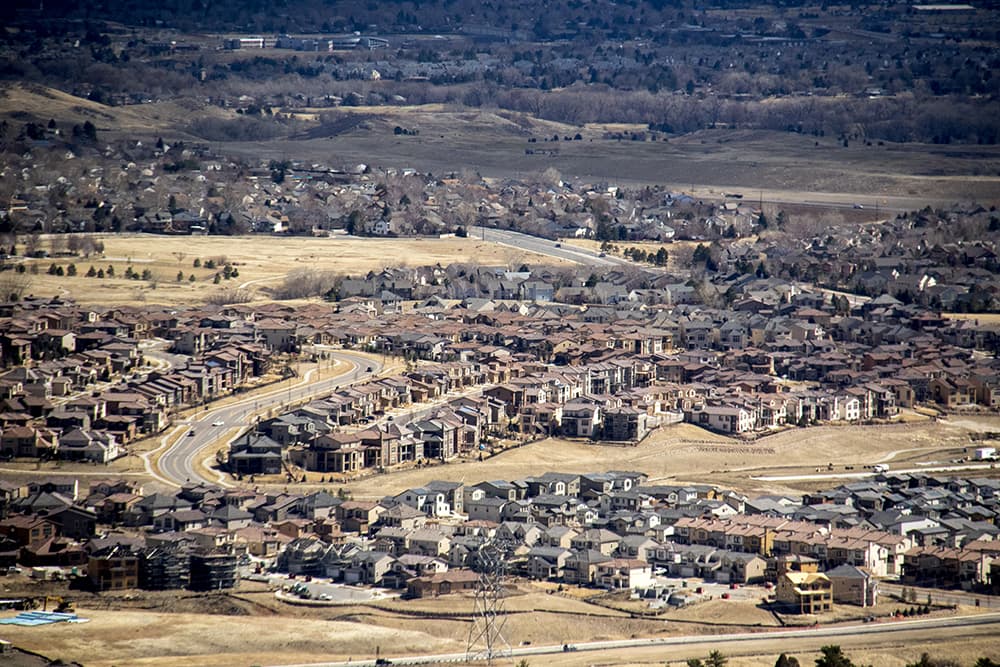
In 1990, less than 40 percent of homes in the American West had some degree of air conditioning.
Today, that figure stands at about 75 percent, according to survey data compiled by The New York Times in a fascinating feature on the modern history of air conditioning.
That's a significant increase, but the West still isn't as hot on air conditioning as the rest of the country. Just about 100 percent of new homes in the South are built with central air conditioning, compared to nearly 80 percent in the West.
Historically, Colorado's cooler temperatures and general lack of humidity have made air conditioning less necessary. As I like to tell out-of-towners, shadows and nighttime actually make it colder here.
But the move to air conditioning is not just a matter of luxury.
As we reported earlier, the historic lack of climate control in older Denver homes means that many of the city's poorest neighborhoods aren't as prepared for rising global temperatures resulting from global carbon-dioxide emissions. Air conditioning is one way to reduce the health consequences of higher temperatures.
However, as the Times points out, there's also a convincing argument that the prevalence of air conditioning encourages less-sustainable methods of construction.
Colorado's beloved swamp coolers, for example -- which work especially well in low humidity -- use only a quarter the electricity of central air, according to the Department of Energy.
What do you think? Is air conditioning necessary in Denver? How do you get by without it? Write me.











